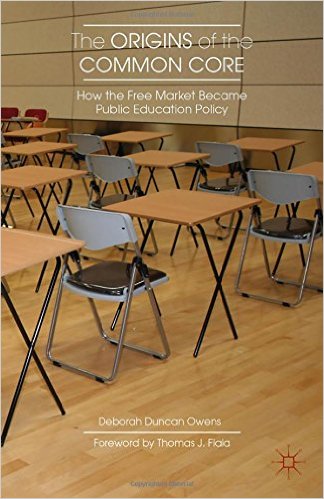Please allow me to introduce myself. I am a former elementary school teacher and currently work as a teacher educator at Elmira College where I am employed as an Associate Professor of Literacy Education. I formerly worked for six years at Arkansas State University within the Department of Education teaching undergraduate and graduate reading courses.
My years as an elementary school teacher were spent in Mississippi. My first teaching job was in Philadelphia, located in Neshoba County — a place infamous for the murders of three civil rights workers during Freedom Summer of 1964. The movie, “Mississippi Burning” chronicles the murders of James Chaney, Micky Schwerner, and Andrew Goodman and while the movie veers from some of the factual details, it does capture the spirit of this time of racism and hate. I am not a native of Mississippi and was captivated by this small southern town, its history, and how it viewed civil rights. As a school teacher in Philadelphia I couldn’t help but see connections between the town’s history and its citizens, public schools in general, and education policy. Thus began a career devoted to examining the intersections between the civic lives of people and education policy at the local, state, and federal levels.
My decision to pursue a career as a literacy scholar and educator was a natural extension of my professional practice. Literacy education has become of one the most politicized areas in education, as made evident by the “Reading Wars” that culminated in No Child Left Behind and Reading First policies. Corporate entities have been well poised over the decades to take advantage of the reading debates with commercial, scripted, “teacher proof” products that guarantee success for schools and teachers who implement them “with fidelity.” My dissertation research while earning my Ph.D. in Curriculum and Instruction at Mississippi State University focused on expert teachers in Mississippi attempting to use one of these commercial programs while teaching children in some of the poorest and low performing schools in Mississippi. This research demonstrated the problems associated with these types of programs and how they, in fact, diminish the role of teachers in literacy instruction and can negatively impact students. Most importantly, I found that teaching children living in impoverished communities, whether rural or inner-city, requires much more than a program. requires teachers with big hearts, expert knowledge, and an understanding of the impact of poverty on academic achievement. As one teacher poignantly told me, “I’m trying to teach these children to read and they’re trying to survive.” I published my findings in the journal Literacy in an article entitled “Commercial Reading Programmes as the Solution for Children Living in Poverty” in 2010. This research was nominated by the United Kingdom Literacy Association (UKLA) for literacy research of the year.
I’ve learned over the years that one cannot examine the impact of poverty and other social issues on education without looking at the history of education reform. The intersections between race, poverty, and economic policies are profound and undeniable. I began reading about economist Milton Friedman’s free market ideas a number of years ago when examining the use of his voucher concept to maintain a segregated school system in the south. I became aware that while he is often acknowledged as the father of the voucher movement, scholars often do not sufficiently examine the magnitude of his ideas on education policy in general. In our current education reform era, driven by the Common Core and RTTT policies, while the American public is clamoring to understand how our country ended up with the current set of corporate-driven education reform policies, I felt compelled to try to answer questions that had been at the forefront of my research for a number of years: How is it that Republicans, devoted to small government and diminished federal government intervention in education, became the party that expanded the role of the federal government beyond all imagination with NCLB? And how is it that those same federal education policies were then embraced — and extended even further — by Democrats? On the surface this doesn’t make sense.
My book The Origins of the Common Core: How the Free Market Became Public Education Policy is the culmination of my research. I felt at times like I was deciphering hieroglyphics and trying to find a Rosetta Stone of current education policy to help me understand the language of the conservatives, the supposedly liberal Democrats, the business community, and those engaged in systemic public education reform. The bond among these groups, it turned out, has been an allegiance to free market economic theory. I was left, after writing the book, with an uneasy feeling about which party I could trust to do the right thing when it comes to our nation’s public schools. Both parties have been involved in creating what seems like the “wild west” in public education where the emphasis is on making a buck and not on educating our children. It’s been an uneasy story to write about. There are no political heroes when it comes to our nation’s public school systems. While education policy makers may have had good intentions, they have overwhelmingly yielded to those who envision education as a free market in which huge profits can be made. As a result, it is our nation’s children who are suffering. This is a tragedy now unfolding before our very eyes!









